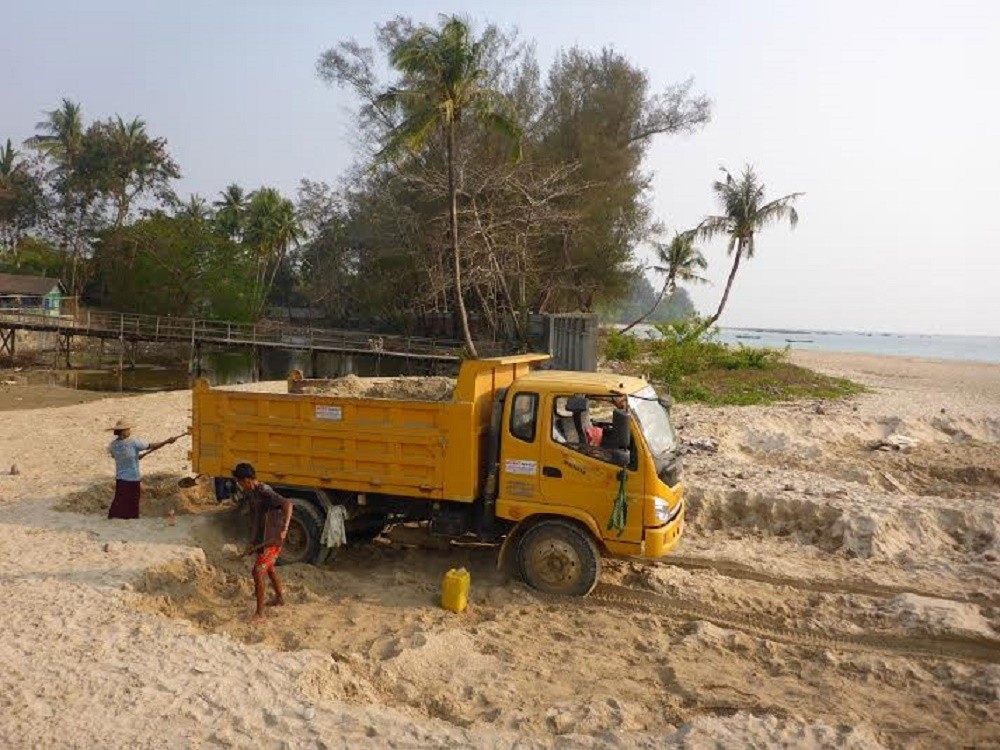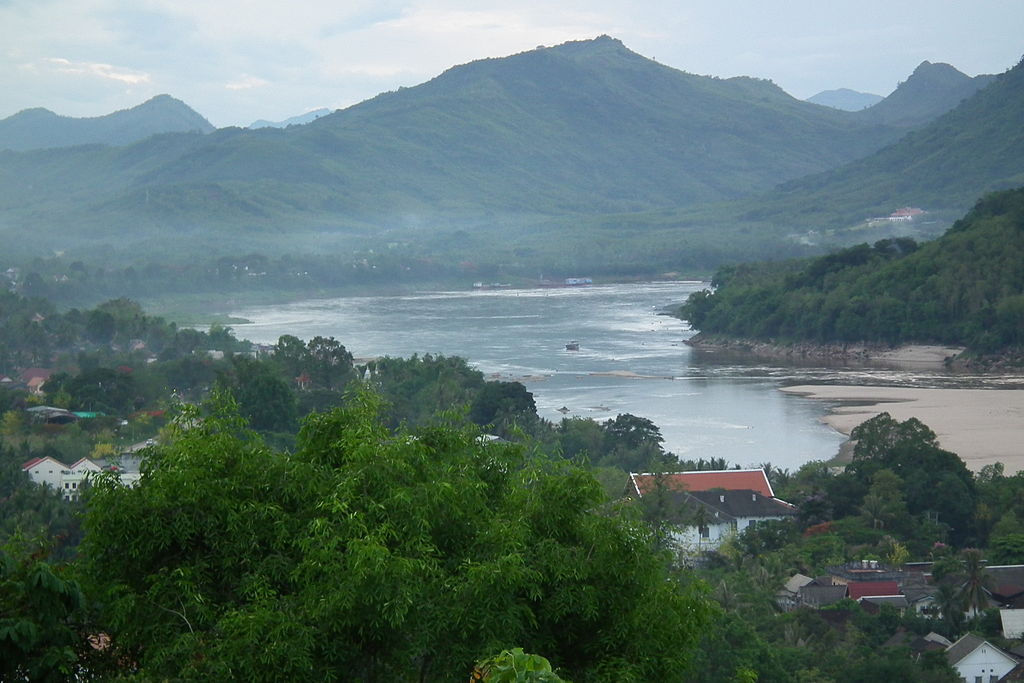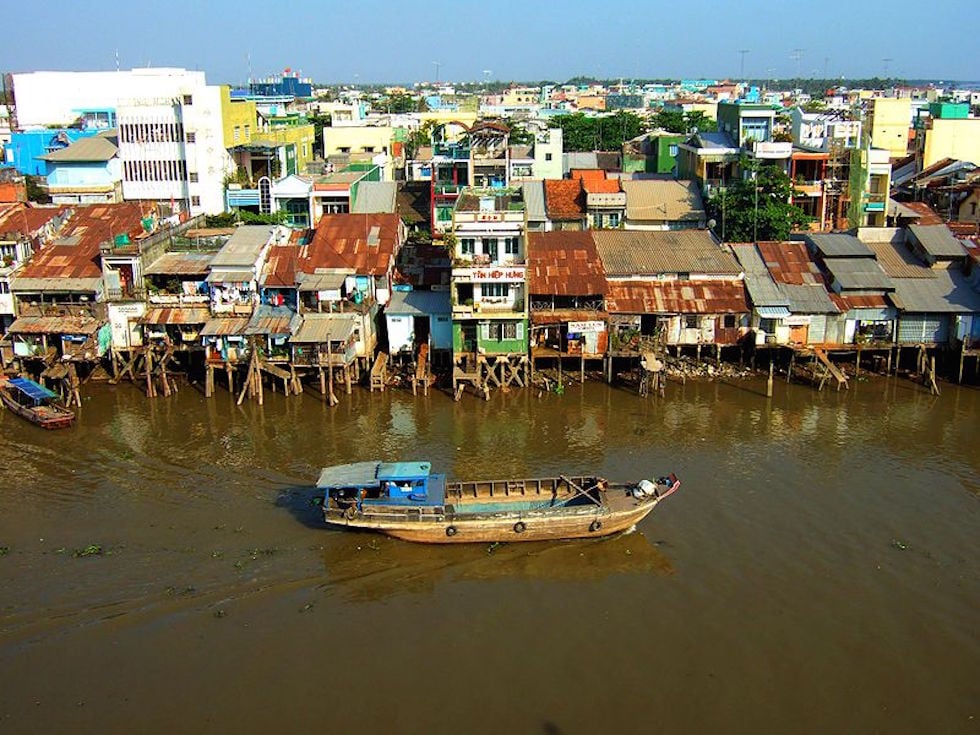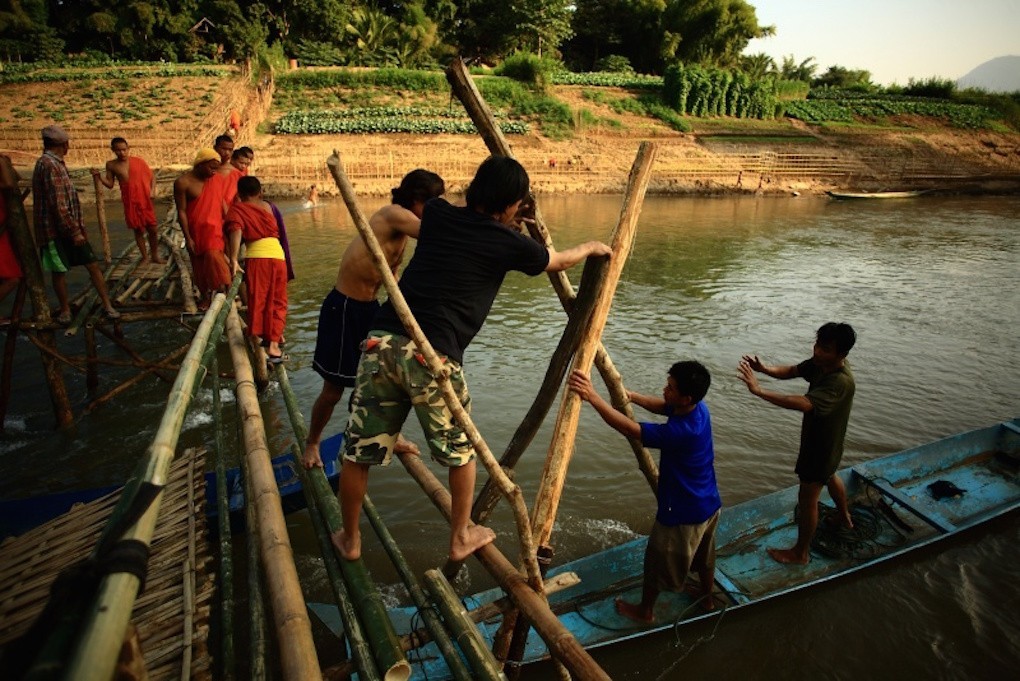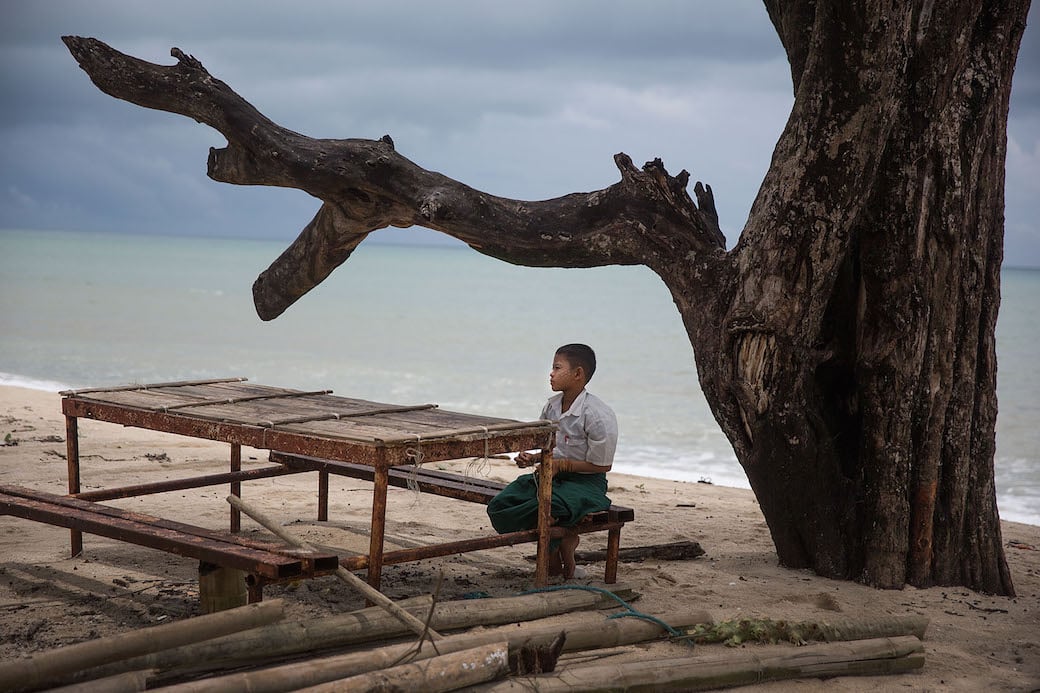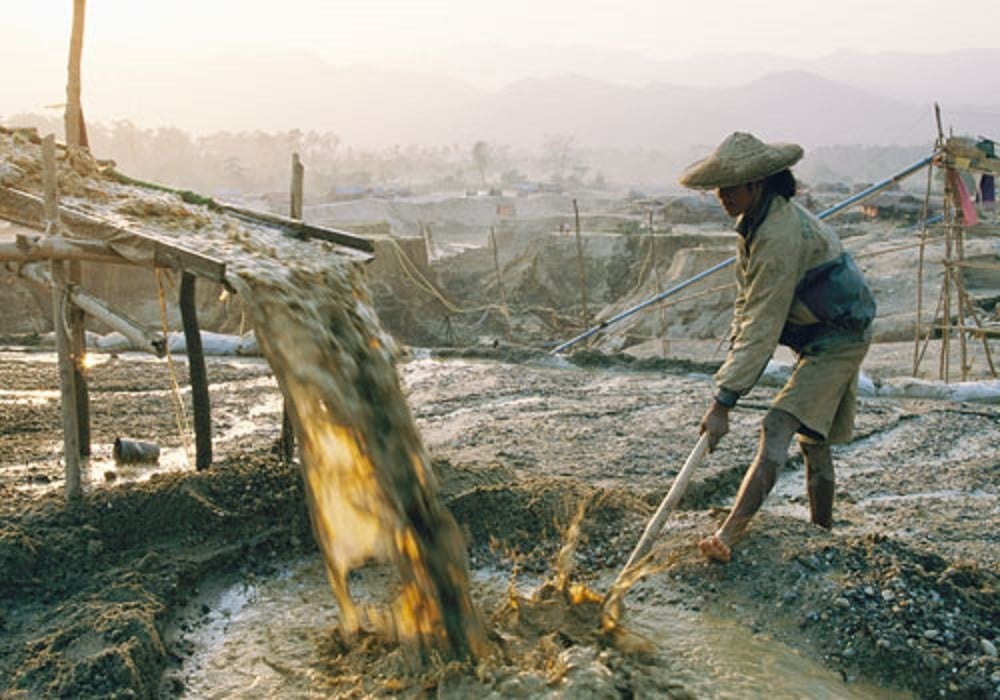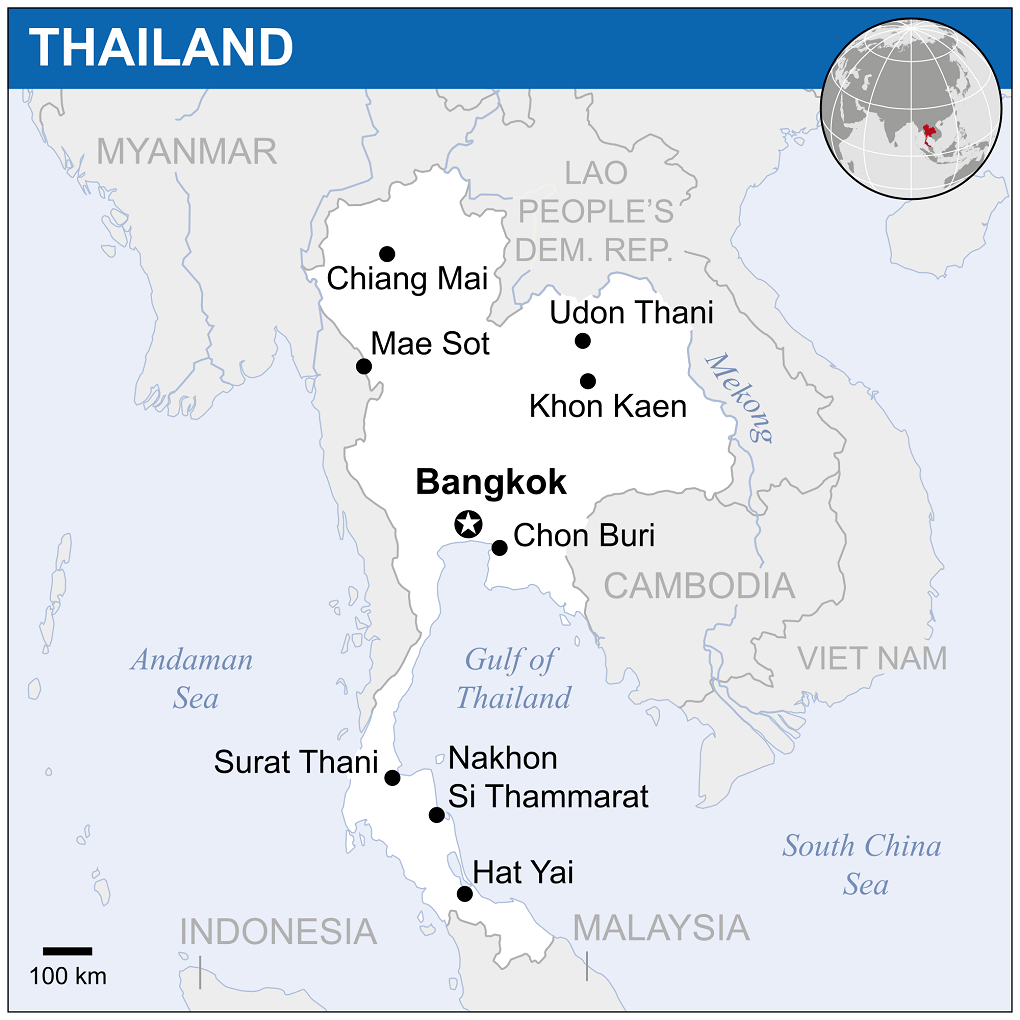Non-tax revenue collected from the mining sector increased more than fourfold in 2015 compared with the year before, according to figures released on Wednesday by the Ministry of Mines and Energy.
Meng Saktheara, a ministry spokesman, said non-tax revenue rocketed to about $17.25 million in 2015 from just over $4 million in the previous year.
These revenues include royalties, land rent, fines and penalties, administration charges and signature bonuses.


